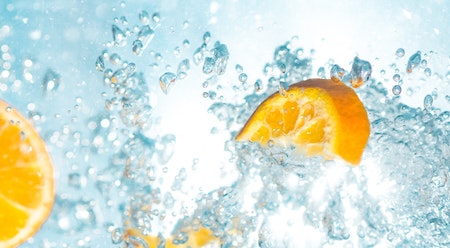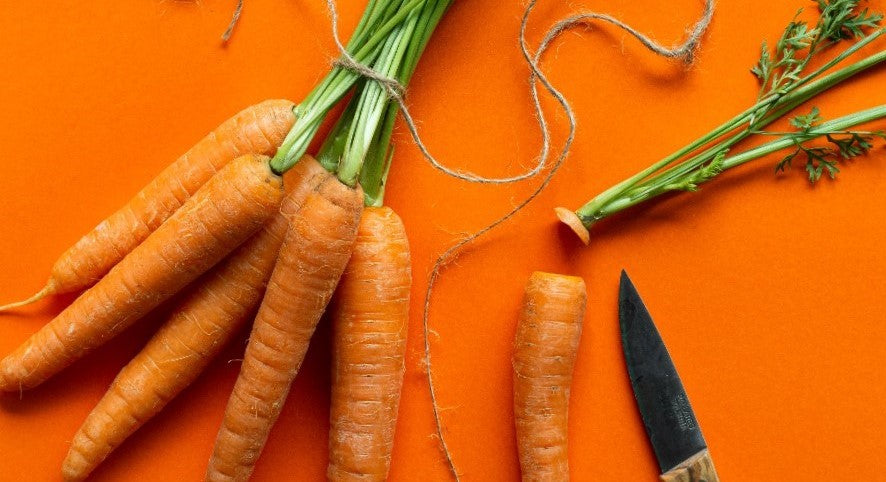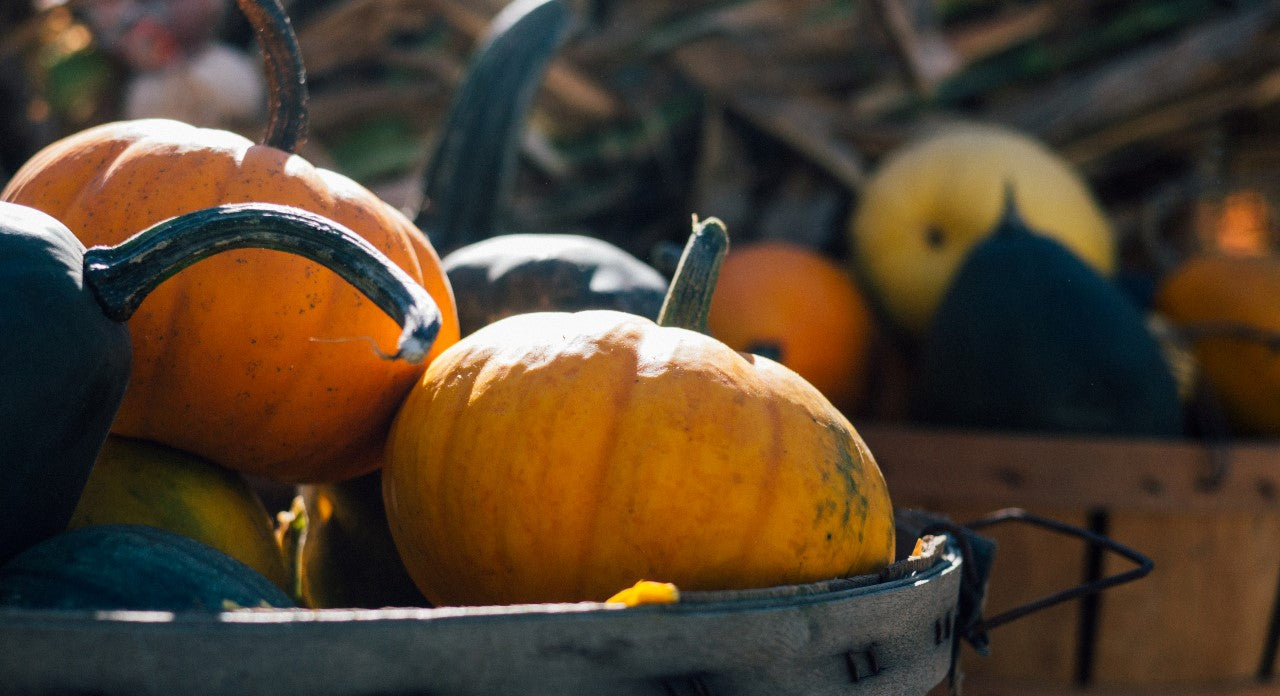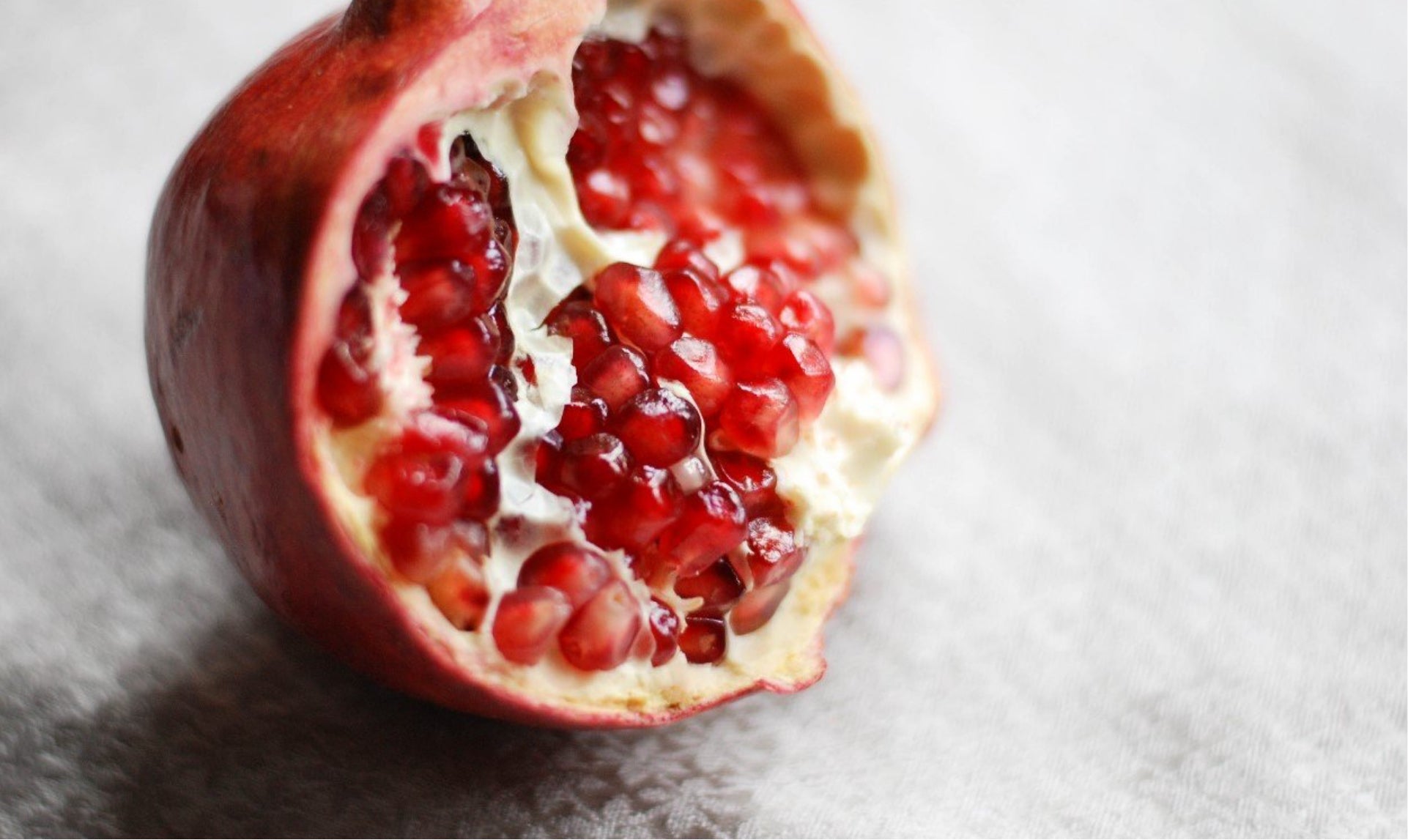
Nos actifs 22/02/2021
Le pouvoir des antioxydants
Antioxydant… Voilà un mot presque magique ! Ces molécules que l’on retrouve dans nos assiettes et dans nos produits de beauté seraient de véritables alliées santé. On dit des antioxydants qu’ils sont « facteurs de jeunesse », « antirouille » ou encore « antivieillissement », car leurs composés actifs joueraient un rôle important dans la protection de nos cellules. Pourquoi les antioxydants seraient-ils indispensables à la santé ? Qu’est-ce que l’oxydation et pourquoi cherchons-nous absolument à s’anti-oxyder ? Comment protègent-ils notre organisme ? Explication sur le pouvoir de ces composés essentiels.
Qu’est-ce qu’un antioxydant ?
Les antioxydants sont des molécules capables d’agir contre l’oxydation causée par des substances nocives que l’on appelle radicaux libres. Pour se protéger des effets toxiques de ces radicaux libres, l’organisme a développé des systèmes de défense antioxydants composés d’enzymes, de vitamines, d’oligoéléments et de protéines. Mais lorsque le stress oxydatif est trop important, il est essentiel d’apporter à notre corps de nouvelles sources d’antioxydants par le biais de l’alimentation. Les antioxydants présents dans les aliments sont principalement les vitamines A, C et E, les polyphénols ainsi que certains minéraux.
Les radicaux libres, c’est quoi ?
L’oxygène que nous respirons provoque dans notre organisme de nombreuses réactions chimiques, notamment la production d’atomes déséquilibrés que l’on appelle radicaux libres. Ces substances sont donc inévitables, mais le corps doit s’en prémunir car elles sont capables d’initier un « stress oxydatif », soit une accélération du vieillissement du corps.
Les radicaux libres à l’origine de nombreuses maladies
Tant que les radicaux libres sont en faible quantité dans l’organisme, ils restent inoffensifs car ils aident le corps à lutter contre les microbes et les virus. Mais quand l’organisme est dépassé et n’arrive plus à les combattre, il se trouve dans un état de stress, nommé « stress oxydatif ». Les radicaux libres se propagent alors rapidement vers les molécules voisines, déclenchant un processus d’oxydation. Cette oxydation va détruire au passage toutes les cellules saines et entraîner des réactions en chaîne pouvant conduire à certaines pathologies ou maladies, telles que :
-
Affaiblissement du système immunitaire
-
Diminution des fonctions cérébrales
-
Maladies cardiovasculaires
-
Maladies dégénératives liées à l’âge (athérosclérose, arthrite, démence)
-
Maladies neurodégénératives (Parkinson, Alzheimer)
-
Maladies de la vue (dégénérescence maculaire, cataracte, glaucome)
-
En s’attaquant au collagène, les radicaux libres sont responsables de la formation des rides
D’où viennent les radicaux libres ?
De l’intérieur : notre organisme
Comme nous l’avons vu, le principal composé atomique de notre corps est l’oxygène. Au cours de la respiration cellulaire se produit un enchaînement de réactions chimiques nécessaires à notre organisme, telles que la division cellulaire ou la détoxification. Mais ces processus physiologiques généreront également des radicaux libres.
De l’extérieur : notre environnement
La fabrication de radicaux libres est augmentée sous l’effet de facteurs externes, tels que :
-
Le tabac
-
La pollution
-
L’alcool
-
Le stress et l’anxiété
-
Le vieillissement
-
Les carences nutritionnelles en vitamines et minéraux
-
Les intoxications aux métaux lourds (mercure, plomb)
-
Les irradiations (UV, rayons X, etc.)
Quel est le rôle des antioxydants ?
Les antioxydants ont pour mission d’empêcher ou de ralentir les effets néfastes des radicaux libres en les neutralisant lorsqu’ils sont en excès dans l’organisme. Ils agissent en quelque sorte comme « bouclier » en empêchant les radicaux libres de développer des réactions nocives contre nos cellules.
Le rôle des antioxydants est triple :
-
Ils empêchent la formation de radicaux libres
-
Ils les éliminent quand il y en a trop
-
Ils réparent les cellules endommagées
Comment les antioxydants luttent-ils contre les radicaux libres ?
Les actions des radicaux libres et des antioxydants peuvent se résumer par la pomme coupée et le citron. En effet, lorsqu’on coupe une pomme, celle-ci brunit rapidement à l’air libre. En réalité, elle s’oxyde car elle est attaquée par des radicaux libres. Si l’on avait versé du jus de citron sur la chair coupée, elle ne serait pas devenue brune aussi vite. La vitamine C contenu dans le citron est un antioxydant qui fonctionne aussi bien pour les fruits que pour notre organisme !
En neutralisant les radicaux libres en excès dans le corps, les antioxydants vont bloquer leur production pour éviter le vieillissement prématuré de nos cellules et favoriser le processus de régénération naturelle. Les antioxydants ont donc un rôle de protection de l’organisme contre les effets néfastes des radicaux libres.
Les deux sources d’antioxydants
Chaque jour, notre corps utilise des antioxydants pour faire face aux radicaux libres. Mais d’où proviennent ces antioxydants ?
1. Notre organisme
Lorsque notre alimentation est équilibrée, notre corps produit ses propres antioxydants pour lutter contre les radicaux libres. D’où l’importance d’une alimentation variée et riche en nutriments antioxydants.
2. Notre alimentation
Notre organisme peut également les puiser dans l’alimentation. Les principaux nutriments antioxydants sont :
-
Les vitamines A, C, E
-
Les oligo-éléments : zinc, iode, sélénium, manganèse
-
D’autres nutriments, tels que les polyphénols, le lycopène, les flavonoïdes, la bêta-carotène, la lutéine
Les meilleures sources alimentaires naturelles d’antioxydants sont :
-
Les fruits et les légumes
-
Les poissons, les fruits de mer, la viande
-
Les céréales complètes, les légumineuses, le thé vert, certaines épices
-
Les huiles végétales pressées à froid
Et les compléments alimentaires ?
Adopter une alimentation antioxydante n’est pas toujours simple. Même si les sources alimentaires sont nombreuses, cela implique de consommer quotidiennement d’importantes quantités de fruits, de légumes et autres aliments antioxydants. Pour compléter vos apports, vous pouvez recourir aux compléments alimentaires antioxydants. Issus de plantes, fruits ou micronutriments, privilégiez ceux qui sont riches en vitamine C, bêta-carotène, catéchines, polyphénols, zinc, sélénium et manganèse,


